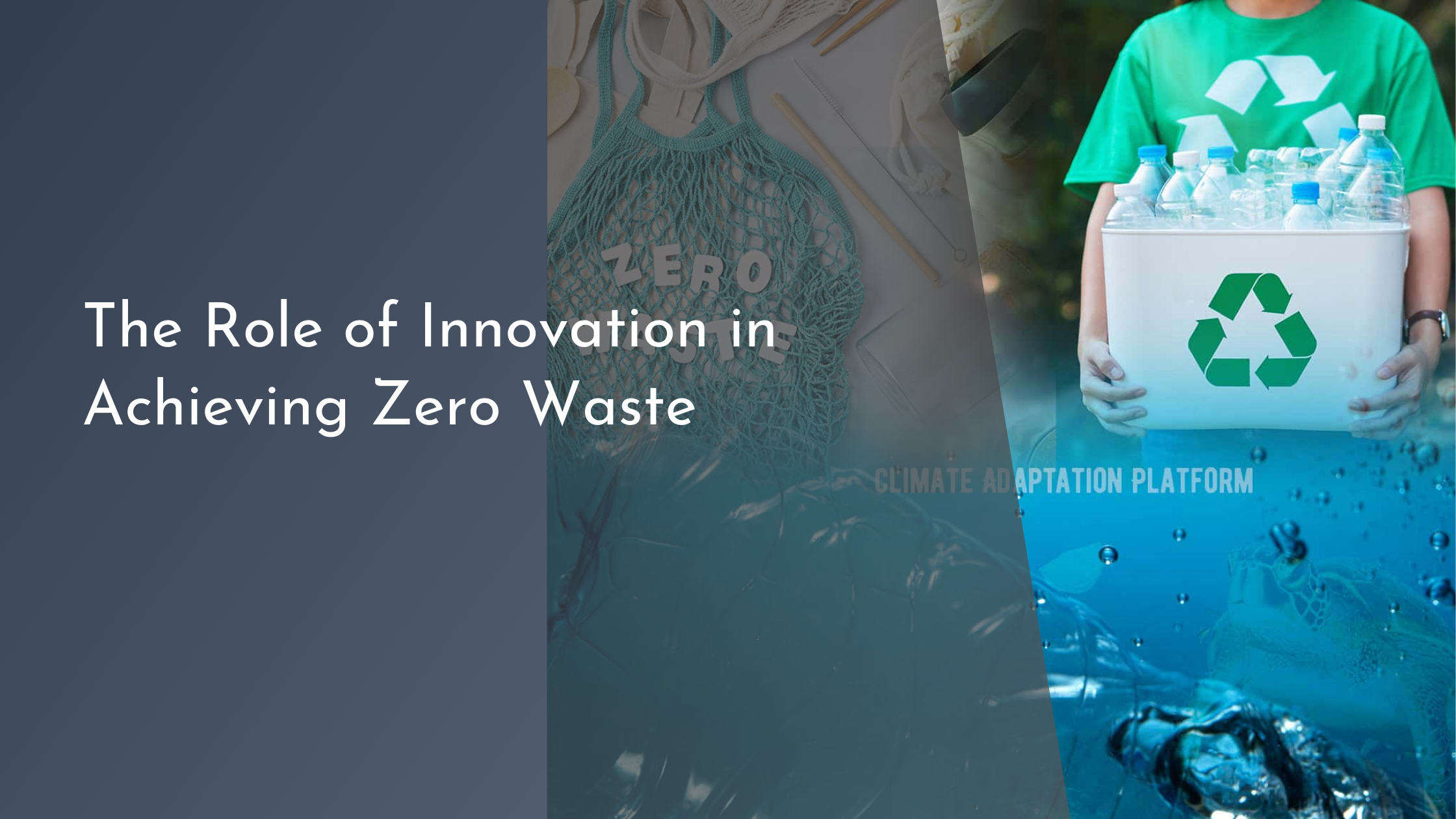The Role of Innovation in Achieving Zero Waste
The quest for a sustainable future has brought the concept of “zero waste” to the forefront of environmental conversations. Zero waste is more than just a buzzword; it represents a profound shift in how we think about consumption, production, and waste management. Embracing innovation in this field is crucial for transforming intentions into actions and achieving tangible results. This article explores the role of innovation in achieving zero waste, examining the principles behind it, the novel technologies driving change, illustrated success stories, and a hopeful look toward the future.
Understanding Zero Waste Goals and Principles
Zero waste is grounded in the philosophy of minimizing waste generation and maximizing resource recovery. The central goal is to divert as much waste as possible from landfills and incineration, creating a closed-loop system where all products and materials are reused, recycled, or composted. This requires a rethinking of how products are designed, manufactured, and consumed. The zero waste movement promotes a systemic approach that involves redesigning products and processes to minimize their environmental footprint from the outset.
The principles of zero waste include refusing unnecessary items, reducing consumption, reusing and repairing products, recycling, and composting for organic waste. By adhering to these principles, individuals and organizations can significantly reduce their environmental impact. The movement also advocates for producer responsibility, encouraging manufacturers to create products with longer lifespans and fewer toxic components. Education and community involvement are critical, empowering people to make informed choices and fostering a culture of sustainability.
Innovations Driving Waste Reduction Efforts
Technological advancements play a pivotal role in advancing zero waste goals. One significant innovation is in the realm of material science, where researchers are developing biodegradable and compostable alternatives to traditional plastics. These innovations help reduce the reliance on fossil fuel-based products and offer solutions that break down harmlessly in the environment. Additionally, smart packaging systems utilizing sensors and IoT technology are being developed to extend the shelf life of food products and minimize waste in the supply chain.
Another exciting area of innovation is in recycling technologies. Advanced sorting systems using AI and robotics can efficiently separate materials at a granular level, improving recycling rates and reducing contamination. Innovations in chemical recycling are also noteworthy, as they allow for the breakdown of polymers into their basic building blocks, enabling the creation of new products without degrading material quality. These technological solutions are crucial for closing the loop in material cycles and reducing overall waste generation.
Case Studies: Success Stories in Zero Waste
Several cities and companies worldwide are making remarkable strides toward achieving zero waste, showcasing the effectiveness of innovative approaches. San Francisco stands out as a prime example, having implemented comprehensive waste management strategies that include mandatory recycling and composting programs. Through public education campaigns and city ordinances, San Francisco has successfully diverted over 80% of its waste from landfills, setting a benchmark for other municipalities.
In the corporate sector, companies like Unilever have taken bold steps toward zero waste by rethinking packaging and product design. Unilever has committed to making all of its plastic packaging recyclable, reusable, or compostable by 2025. The company has also pioneered initiatives to collect and process plastic waste in regions with limited waste management infrastructure. These efforts highlight the potential for businesses to drive change through innovative product development and supply chain management.
The Future of Zero Waste: A Cheerful Conclusion
The future of zero waste is bright, with endless possibilities for innovation and collaboration. As awareness of environmental issues continues to grow, more individuals and organizations are embracing the zero waste ethos. This cultural shift is driving demand for sustainable products and practices, inspiring further research and development in the field. The integration of circular economy principles into business models presents exciting opportunities for creating sustainable growth while minimizing waste.
The path to zero waste requires collective effort and creativity. By harnessing the power of innovation, we can address challenges and build a healthier planet for future generations. As more success stories emerge and technologies evolve, the vision of a zero waste world becomes increasingly achievable. Together, we can celebrate each milestone in this journey, confident that our commitment to sustainability will lead to a more equitable and eco-friendly future.
As we reflect on the role of innovation in achieving zero waste, it becomes clear that the journey is as important as the destination. Each step taken towards reducing waste brings us closer to a more sustainable world. Armed with creativity, determination, and a willingness to embrace change, we can overcome challenges and create a lasting positive impact on the environment. Let us move forward with optimism and continue to support efforts that lead us toward a zero waste future.

